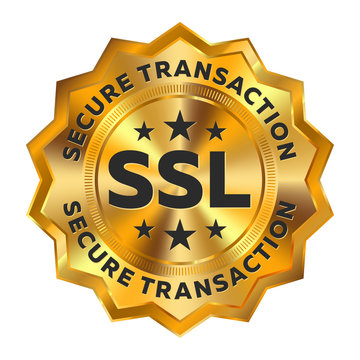Introduction:
In today’s digital world, website security is more important than ever. With cyberattacks on the rise, ensuring your website is equipped with essential security features can protect both your business and your clients. A secure website builds trust and ensures that your users’ data is safe.
1. SSL Certificate (HTTPS)

An SSL certificate is non-negotiable for any website in 2024. It encrypts the data exchanged between your users and your site, ensuring sensitive information like passwords and credit card details remain safe. Additionally, Google prioritizes websites with SSL certificates, which can improve your search rankings.
2. Strong Password Policies
Enforcing strong password policies for both users and administrators is another key feature for maintaining a secure website. Encourage the use of complex passwords that include a combination of letters, numbers, and symbols. Also, implement two-factor authentication (2FA) for added security.
3. Regular Software Updates
Outdated software and plugins are common entry points for hackers. Ensure that your website platform, plugins, and themes are regularly updated to their latest versions. Regular updates often come with patches to fix security vulnerabilities, making it harder for cybercriminals to gain access.
4. Web Application Firewall (WAF)
A Web Application Firewall acts as a barrier between your website and malicious traffic. It filters out potential threats, such as SQL injections and cross-site scripting (XSS) attacks, before they can reach your site. Installing a WAF is a proactive measure to prevent hacking attempts.
5. Backup and Recovery Solutions
Regularly backing up your website is crucial in case of a security breach or data loss. Ensure that your website has a reliable backup solution in place, preferably one that stores backups off-site. In the event of a disaster, you’ll be able to restore your website quickly without losing important data.
6. Malware Scanning
Running regular malware scans helps detect malicious code or activities on your website. Tools like Wordfence, Sucuri, or SiteLock can scan for vulnerabilities and alert you if anything suspicious is found. Early detection of malware prevents it from spreading and causing further damage.
Conclusion:
By implementing these essential security features, you can protect your website from potential threats and provide a safer experience for your users. Website security is not just a one-time task—it’s an ongoing process that requires constant vigilance and regular updates. DevMart can help you secure your website by incorporating these crucial features and ensuring your business stays safe online.
Stay Secure and Connected:
For more tips on web security and other web development services, follow us on our social media:
Instagram | Facebook
Informative!!